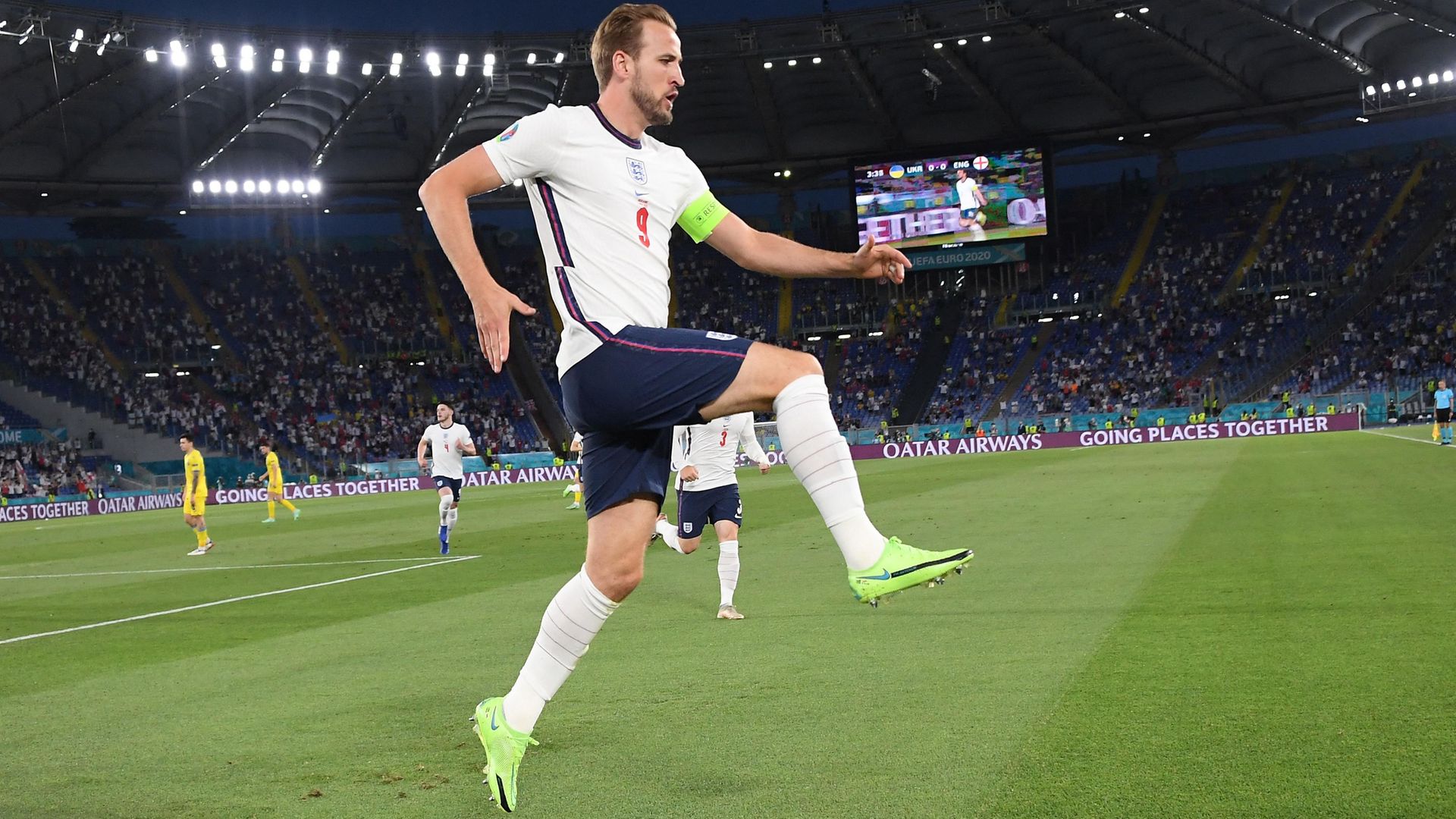
Ireland’s former ambassador to the UK BOBBY McDONAGH says political tensions mean many of his compatriots have found it much tougher to lend their support this time
When the president of Ireland, Michael D Higgins, made a state visit to the UK in 2014, he expressed the hope that the England football team would “go all the way” at the World Cup later that year. His sentiment reflected the remarkable progress that had been made in British-Irish relations. It was uncontroversial at the time and widely welcomed.
Irish attitudes to Gareth Southgate’s team at Euro 2020 have, however, been more ambiguous. The question is why attitudes in Ireland have changed since 2014. It has little to do with history but a lot to do with Brexit Britain.
There have, of course, been several reasons for Ireland to celebrate the progress of the Three Lions this summer. It is a fine football team and there is zero hostility to it as such.
On the contrary, there is affection in Ireland for the English players whom we see in the Premier League every week and whose club teams we support.
Gareth Southgate and Marcus Rashford are rightly recognised as admirable individuals whose wider public contributions should make Britain proud. We respect the English players also for taking the knee in the face of racist abuse.
We also recognise the Irish flavour of the English squad, many of whom could have played for Ireland, including Harry Kane, with his four Irish grandparents, and Declan Rice and Jack Grealish, both of whom considered playing for Ireland early in their careers.
Yes, of course, we still love to beat England at sport, as indeed every small country relishes occasional victories over a larger neighbour.
Yes, there is still a minority here that prides itself on being anti-British. But most of us in Ireland have, in recent years, enthusiastically embraced a warm relationship with our British friends, as symbolized by Queen Elizabeth’s state visit in 2011, a friendship reflected in the sporting sphere.
At the London Olympics, I was fortunate to be present in the boxing stadium when Nicola Adams and Katie Taylor won their gold medals, for Team GB and Team Ireland respectively.
The cheering in the stadium, the loudest sound recorded throughout the 2012 Olympics, reflected both the British spectators wildly cheering for Katie and the Irish fans giving Nicola Ireland’s “Olé Olé” treatment.
But recent years have seen the return of a more hesitant attitude in Ireland to English sporting success. There seem to be five main reasons for this.
First, there is Brexit itself. While respecting the decision of the British people to leave the EU, there is disappointment in Ireland that our nearest neighbour chose to leave the organisation that created the context for the modern British-Irish friendship, in which we had worked so closely together to promote shared interests and values. This disappointment was compounded by the fact that the decision was taken without the slightest account being taken of that friendship or of the implications for the delicate peace that we had built together in Northern Ireland.
Second, the decision by the British government to insist on a hard form of Brexit, neither required by the 2016 referendum nor explained to the British public at the time, has exacerbated the damage and hardened the reaction in Ireland.
Third, the Johnson government’s stated intention of breaking international law in relation to the delicate Northern Ireland Protocol, and its continued unwillingness to commit unambiguously to implementing it, has shocked the Irish public.
I have not met a single person here who is not appalled.
Fourth, there is an awareness of the nastiness unleashed by Brexit, despite the decency of the vast majority of British people.
One thinks of the widespread booing of the German national anthem at Wembley, for example, and indeed of the booing of the English team itself for taking the knee.
Finally, there is natural concern in Ireland about the populist Trumpian direction in which the Johnson government is seeking to lead British public life, a reality recognised by so many in the UK itself. The far more positive attitude in Ireland towards the Scottish and Welsh teams at the Euros was notable.
All of this I write as an admirer and friend of the UK. The underlying friendship between our countries and peoples remains deep.
Whatever hesitations we may have in Ireland about English success at the Euros, we have more respect for the England team than the British home secretary who refused to criticise English fans for booing the team’s stance against racism and criticised it for what she called gesture politics.
It comes down to a fine balance. Many of us in Ireland, including a Spurs fan like myself, have been attracted by the image of Harry Kane leading his teammates up to collect their winners’ medals.
But we have been equally dismayed by the inevitable trumpeting of the team’s campaign, by those who booed the English team for example, as a victory for the nonsense about “taking back control”.
Bobby McDonagh was Ireland’s ambassador to the UK from 2009-2013
Warning: Illegal string offset 'link_id' in /mnt/storage/stage/www/wp-includes/bookmark.php on line 357
Notice: Trying to get property 'link_id' of non-object in /mnt/storage/stage/www/wp-includes/bookmark.php on line 37






